WHO suspends the usage of HCQ as a treatment for COVID-19
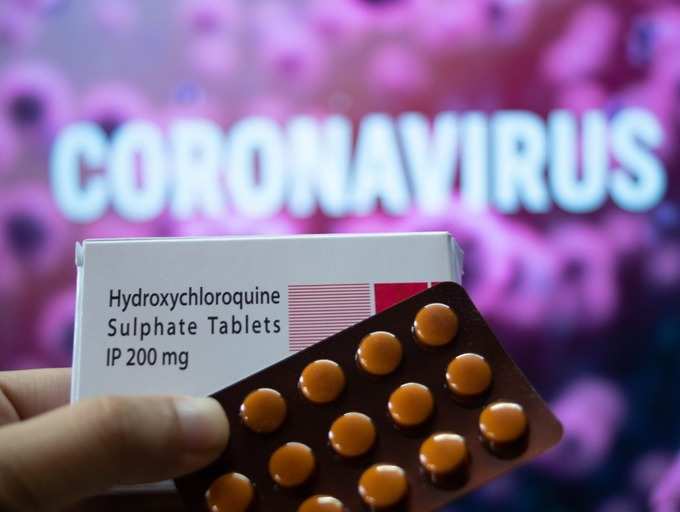
With coronavirus cases rising, the hunt for an effective coronavirus treatment drug is still on. The World Health Organisation (WHO) has also started a multi-country solidarity trial (which India is a part of as well) to test the same.
02/10Does hydroxychloroquine (HCQ) work for coronavirus?
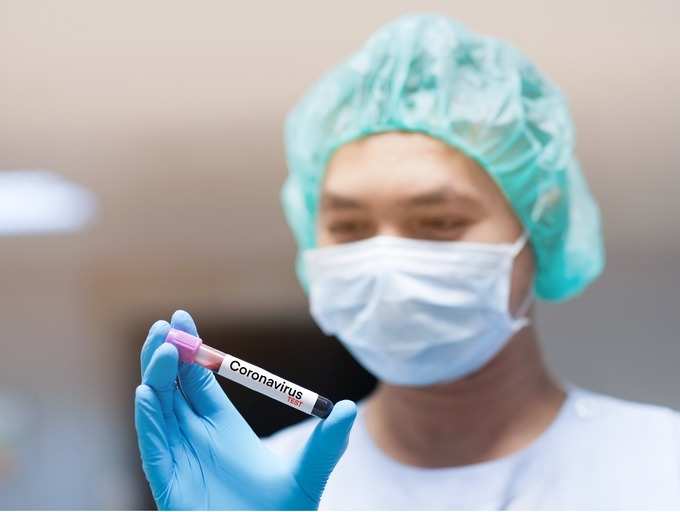
Of all treatment options being approached right now, Hydroxychloroquine, being hailed as the frontrunner, is widely used in coronavirus affected countries. India, which is one of the lead producers of the drug is exporting the drug worldwide. Even as it emerges as one of the most easily available drugs, globally, there’s a huge debate centering around the workability and efficacy of Hydrochloroquine for treatment of novel coronavirus.
03/10What is happening right now?

In the most recent development surrounding the usage of the drug in the fight against COVID-19, WHO has temporarily suspended the usage of HCQ in the trial, which involves 96,032 SARS-CoV-2 confirmed patients in 671 hospitals across six continents after discrepancies were found in how the drug works as a prophylactic medicine.
04/10India continues the usage
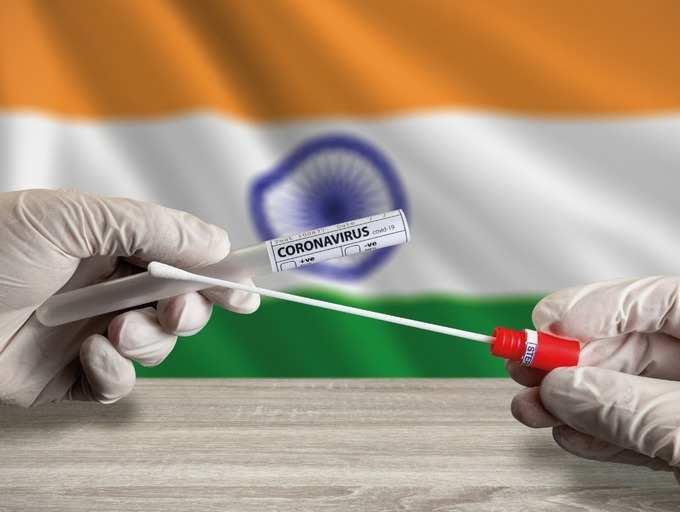
Contrary to WHO’s findings, India is continuing to use hydroxychloroquine as one of its treatment methods for COVID-19 cases in the country. A representative from the Indian Council of Medical Research backed up the usage, saying that they have seen enough evidence since years and mentioned that they had no plans to discontinue it. In a statement, Dr Balram Bhargava, DG, ICMR said that they will continue to use HCQ along with azithromycin, an antibiotic to treat the viral strain for now:
“There are a lot of drugs being repurposed for treatment or prophylaxis. Chloroquine is in use for 100 years. HCQ is even safer…”
Another member from the NITI Aayog Health panel, praising the use of HCQ said :
“We have used chloroquine for years. HCQ is even safer because it is used continuously in rheumatoid arthritis. It is known to increase the pH of the cell and make it alkaline. Along with zinc, it blocks the entry of the virus into the cell. Admittedly this is a new virus whose behaviour we are still learning about, but it (HCQ) is known to work in other coronaviruses.”
05/10The controversy around HCQ usage
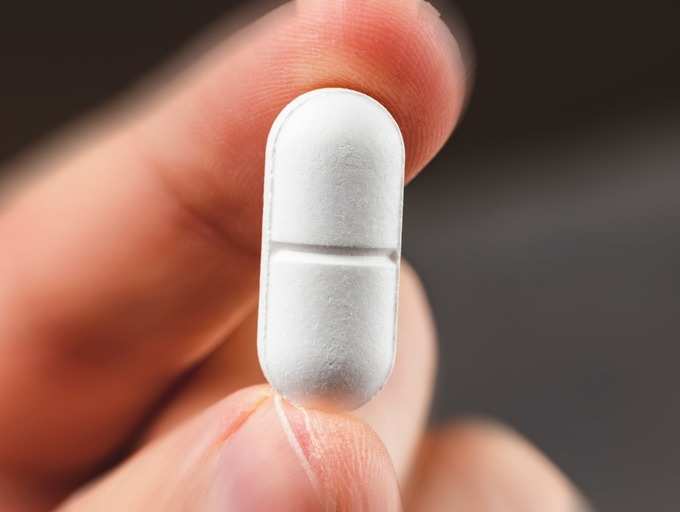
Hydroxychloroquine (HCQ) was seen as one of the most promising drugs ever since the cases started to spike up. An anti-malaria drug, HCQ is an anti-viral oral drug, which has been used for years to treat autoimmune diseases, including rheumatoid arthritis as well.
Ever since early studies praised its benefits, HCQ, an easily available drug soon started trending. Just recently, US President Donald Trump admitted to having HCQ as a preventive coronavirus medicine, which raised quite a many eyebrows.
In India, the anti-viral drug is being administered as a preventive medicine to frontline workers right now and experimentally being used on patients. The popularity of the drug also led to a problem in its market supply, and those who actually needed it found it difficult to procure and use.
06/10What do the studies day?
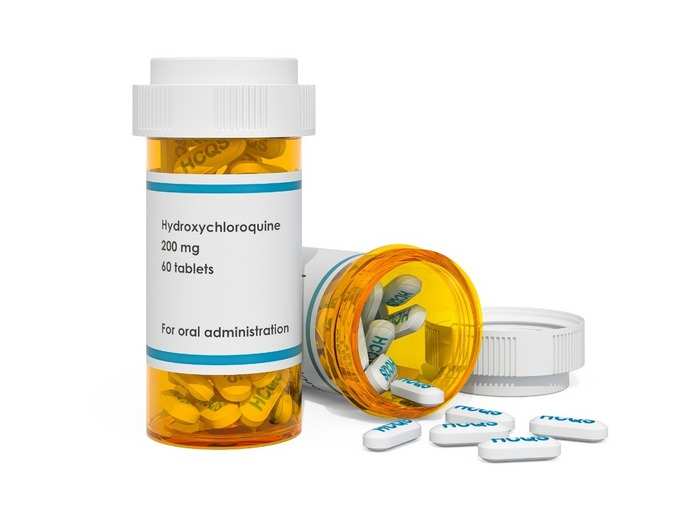
Early studies done across pockets of China and France found that HCQ may be the saviour which could help millions affected from the coronavirus infection. In fact, preliminary reports suggested that HCQ helped cut down on the recovery time (Time to Clinical Recovery or TTCR) by shortening the duration of a cold, flu or fever in the body and even absorb pneumonia and promoted improvement in patients with mild to moderate symptoms.
However, as the buzz grew around, many other studies were conducted to prove its worth, which did not exactly show favourable results. A report tabled in the New England Journal of Medicine (NEJM), underlined that it did not work for critically ill patients. Further, another study done in New York, which was the hotbed for infections, it was seen that using HCQ did not show extensive results and even induced certain side-effects not seen before.
In another report conducted by French researchers, it was seen that HCQ did not help lessen the strain of critical cases post-admission and did not prevent patients from developing acute respiratory distress.
07/10How does it work?

Till now, there is no concrete evidence or study which suggests that hydroxychloroquine works as the best form of treatment for COVID-19. In-vitro studies have shown that HCQ may contain certain anti-viral properties which inhibit the attachment of the virus before it engages the ACE2 receptor, which further could help block the viral multiplication inside the body. However, there is no one study which claims that it could actually prevent the spread of COVID-19.
08/10Is it safe?

Usually, any form of hydroxychloroquine and chloroquine, along with azithromycin are deemed safe as long as they are administered for a given condition in a controlled manner. The side-effects of the medicine are present, but not many. That being said, the medicine was said to be potentially harmful for those suffering from cardiac complications.
09/10Side-effects of the drug

The newest study, which led to the WHO stopping the HCQ trial was inferred from The Lancet, which reviewed an observational study on hydroxychloroquine and chloroquine and its effects on COVID-19 patients who have been hospitalised. It was seen that patients receiving the drug were exposed to a higher mortality rate than the ones not administered HCQ.
Apart from this, the strong debate around the usage of Hydroxychloroquine have centred around improper dosage and use. In addition to cardiac complications, arrhythmias and heart problems, for those suffering from co-morbidities, the drug has been known to induce side-effects such as headache, dizziness, stomach cramps, nausea, swelling, muscle weakness, vision disturbances in cases as well.
10/10What’s next then?

Even as the debate around HCQ continues to grapple minds, researchers continue their hunt for the next best alternative or effective medicine. Remdesivir, by Gilead Sciences, has gotten the go-ahead and is being used in many countries to treat COVID-19. Another helpful drug is seen as Favipiravir, a drug extensively studied and used in Japan to contain the viral spread.

